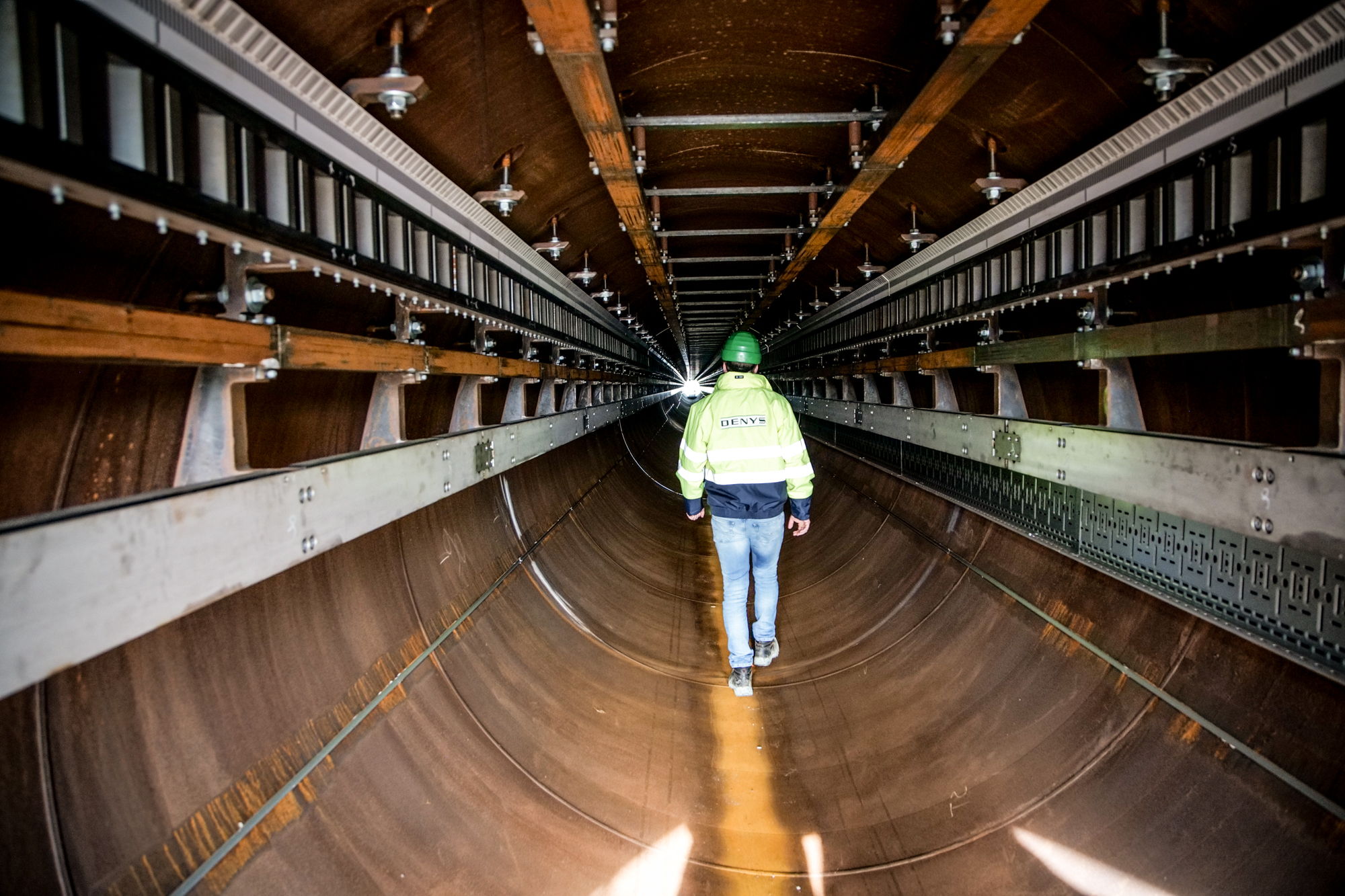European hyperloop with Belgian touch ready for test phase

Initial testing of Europe's hyperloop pilot route will begin in early 2024. The installation of the magnetic system, which will transport people and goods in a capsule at high speed, has been overseen by a Belgian company.
The European Hyperloop Centre (EHC) in the Dutch city of Groningen currently spans just 200 m, but by the end of the year, when the first phase of the project is expected to be completed, it will be around twice as long. "By Christmas we'll have 420 m of tubes and the test facility will be ready," said Tim Houter, co-founder of Hardt Hyperloop at the Delft University of Technology.
Aiming for 2030
By 2024, the pilot route of the magnetic transport system made up of steel tubes will be connected, with testing set to begin in the spring and results expected by the third quarter.
"We do not yet know where a fully functional model will be placed. It could be anywhere in the world, including locations outside Europe," said Houter. However, according to Hardt Hyperloop engineers, a commercial hyperloop could be operational in Europe by 2030.
"We do not yet know where a fully functional model will be placed. It could be anywhere in the world, including locations outside Europe"
When fully operational, it should reach speeds of up to 700 km/h, as fast as an aeroplane, but initial tests will be limited to 100 km/h.
Belgian construction company Denys was awarded the infrastructure contract for the pilot route in Groningen two years ago. The city of Antwerp and the Flanders Institute for Logistics are also involved, with many other cities and organisations across Europe. The partnership includes more than 20 private partners and has received financial support from the European Commission and the Dutch government.
© BELGA PHOTO ROBBE VANDEGEHUCHTE